ABSTRACT
This study aimed to investigate the effects of different fructose intake levels in the daily diets of individuals with type 2 diabetes on certain biochemical variables, nutritional parameters, and quality of life. A total of 50 hospitalized patients (aged 35-65 years) with type 2 diabetes (22 women, 28 men) were included in the study between November 2016 and April 2017. The patients' personal characteristics, fructose consumption, 24-hour dietary intake, anthropometric measurements, and certain biochemical variables were evaluated, and the SF-36 Quality of Life Scale results were analyzed. According to the daily dietary records, the mean fructose intake was 18.14 ± 10.34 g in women and 19.30 ± 9.40 g in men. Fructose consumption decreased with age, and the average energy intake was 1532.89 ± 400.06 kcal for those consuming ≤25 g of fructose and 1881.61 ± 449.82 kcal for those consuming >25 g. This difference in energy intake was statistically significant (p= 0.045). No significant differences were found between the mean values of blood biochemical variables and fructose intake (p> 0.05). When comparing genders, the average quality of life scores of female patients were found to be lower than those of males. A negative correlation was observed between body mass Iidex (BMI) and physical function (r= -0.289, p= 0.042) and vitality (r= -0.356, p= 0.011) scores. Additionally, a significant negative relationship was found between glycated hemoglobin values and emotional role difficulty (r= -0.413, p= 0.003) and social function (r= -0.337, p= 0.017) scores. Negative correlations were observed between quality of life scores and both energy intake and fructose consumption, but these were not statistically significant (p> 0.05). It is considered that evaluating the quality of life in individuals with type 2 diabetes in terms of anthropometric measurements, blood variables, and nutritional parameters could be effective in improving the clinical process.



